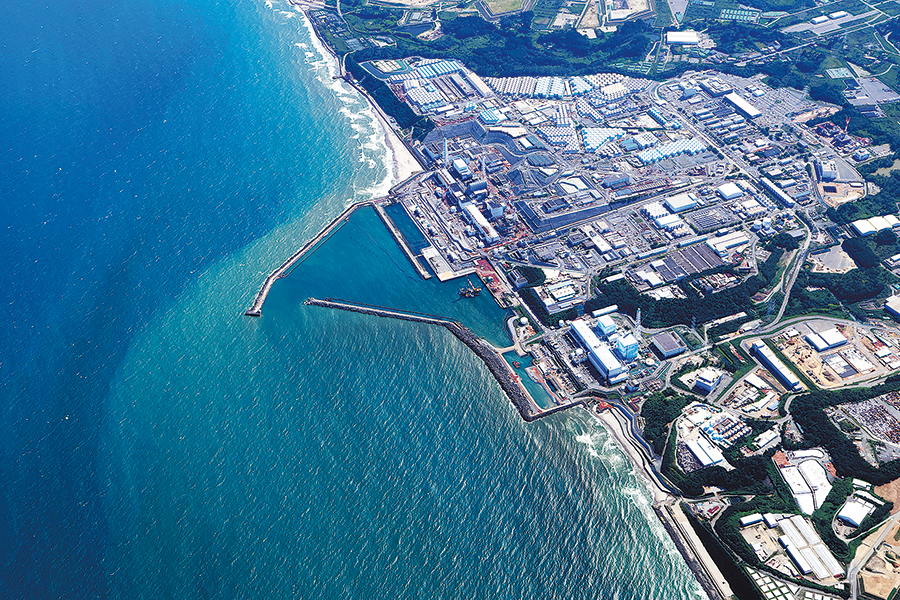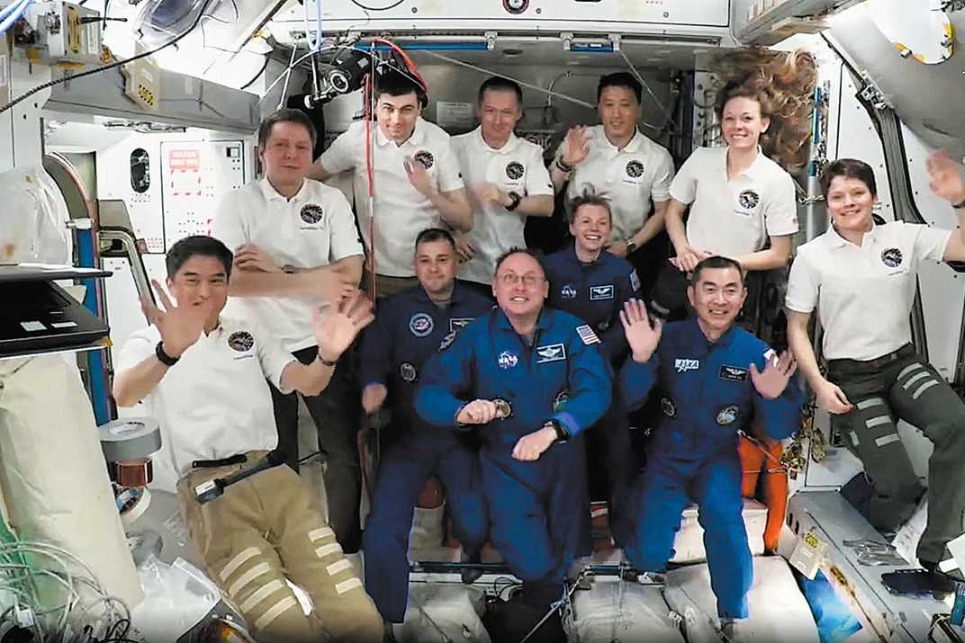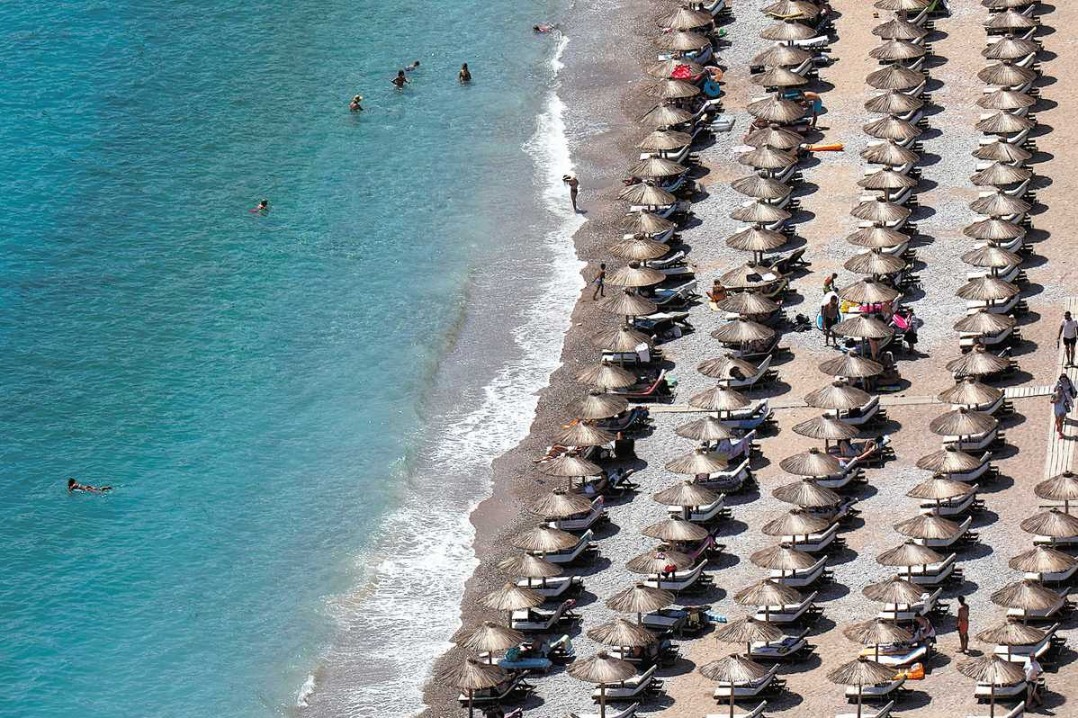Japan finishes first-year ocean discharge of nuclear-tainted wastewater amid backlash


TOKYO -- Despite opposition and concern from at home and abroad, Japan's crippled Fukushima Daiichi Nuclear Power Plant has finished its initial year of discharging nuclear-contaminated wastewater into the ocean, according to the plant's operator.
The plant completed the fourth and final round of discharge for the current fiscal year ending in March, Tokyo Electric Power Company (TEPCO) said on Sunday.
As per the initial plan, approximately 31,200 tons of wastewater, containing radioactive tritium, was released into the ocean since the discharge started in August 2023, with each round of discharge carried out for about two weeks.
Earlier this week, International Atomic Energy Agency Director-General Rafael Grossi emphasized continued efforts in monitoring Japan's ocean discharge of nuclear-contaminated wastewater from the crippled plant, following his first visit to Fukushima prefecture since the discharge started.
Stressing that the discharge marks merely the initial phase of a long process, Grossi said that "much effort will be required in the lengthy process ahead," and reiterated the organization's stance on maintaining vigilance throughout the process.
While the Japanese government and TEPCO have asserted the safety and necessity of the discharge, concerns have been raised by neighboring countries and local stakeholders regarding environmental impacts.
"All fishermen are against ocean dumping. The contaminated water has flowed into what we fishermen call 'the sea of treasure', and the process will last for at least 30 years," said Haruo Ono, a fisherman in the town of Shinchi in Fukushima.
"There is no good reason to dump radioactive materials into the ocean. There is no reason to just dilute them and flush them away," said the man in his 70s.
"Is it really necessary, in the first place, to dump what has been stored in tanks into the sea? How can we say it's 'safe' when the discharged water clearly consists of harmful radioactive substances? I think the government and TEPCO must provide a solid answer," said Chiyo Oda, a resident of Fukushima's Iwaki city.
Concerns were fueled among the Japanese public over the recent leakage of contaminated water from pipes at the Fukushima plant.

































